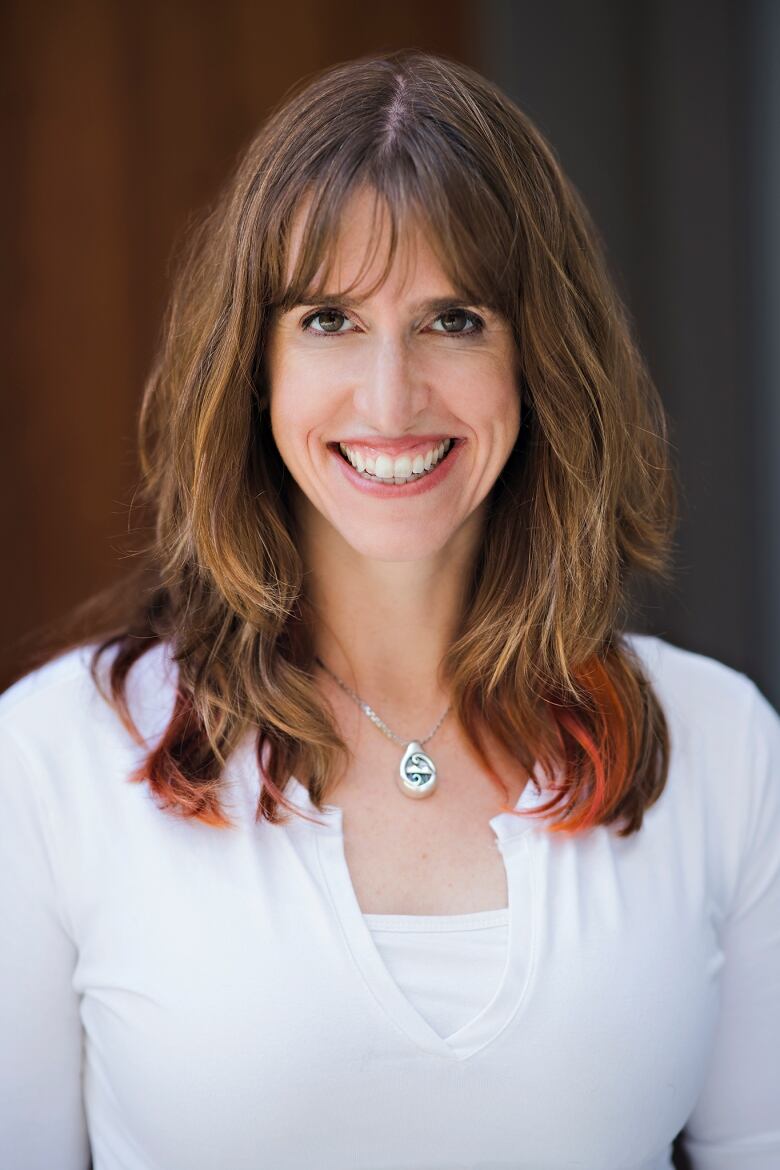Here are 3 things you need to know about your Facebook data
An online reputation expert says deleting Facebook accounts won't solve the problem of data breach

The founder of a tech firm that managesonline reputations says deleting your Facebookaccount won't help when it comes to protecting your information.
Cat Coode, a software engineer and the founder of Binary Tattoo, said since the Cambridge Analyticascandal broke, she's been flooded with questions from her clients, asking her what they should do to protect their data.
Coodesaid people assumethat if they delete their Facebook accounts their information will be better guarded and protected.
"They need to appreciate that the data they've already shared is already taken and analyzed by companies like CambridgeAnalytica," she said.
According to Coode, here's what you need to know about your Facebook data:
1. To limit the amount of information you're sending out, check your app and ad settings on Facebook
"I always say that when you're waiting either at the doctor's office or whatever, take that time to go through the settings on your device," Coode said.

"That tells you all the places you have signed in using your FacebookID," she said.
"I myself have two, but Ihave friends who tell me they have hundreds ofappsthey've connected via their Facebooksite."
2. If you're not paying for the app, then you're paying for it with your information.
"For example if you're downloading aSudokuapp and it asks for access to your contacts, that's not necessary."
Coode said customers are often "paying" for the free appswith their private data, giving the example of a flashlight app collecting the user's location data.
She said it gets trickierwhen someone from your network agrees to share their contact list in the app, thereforealso "giving away all of your personal information including your email address, andeverythingelse they have on you."
Coodereiterates that "alotof our data is out there becauseof the connections we're passing around."
"There's not much we can do about it," she said.
3. When it comes to Facebook, everything is operated under American law.
Coode said even though Canada has its own privacy laws, our Facebook data actually falls under American law because "we're using American services" and "our data is being stored on American servers."
"That whole thing with the CIA and EdwardSnowden how they said they can access our datawithouta warrant, thatstill applies to us as Canadians, because the data is being kept on American soil," Coodesaid.
"It'sa greyarea [but] until there's a FacebookCanadian office, we do fall under these legislations."












_(720p).jpg)


 OFFICIAL HD MUSIC VIDEO.jpg)
.jpg)



























































































